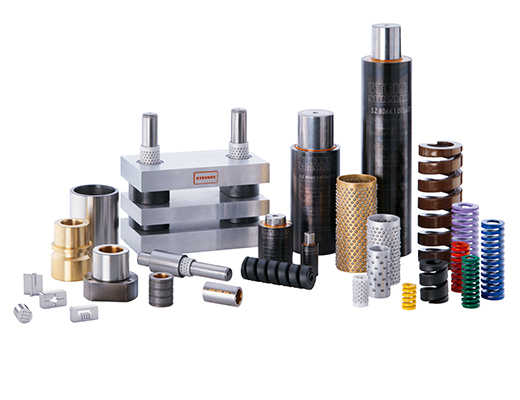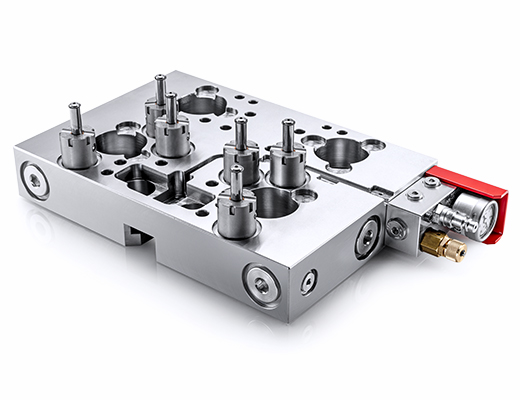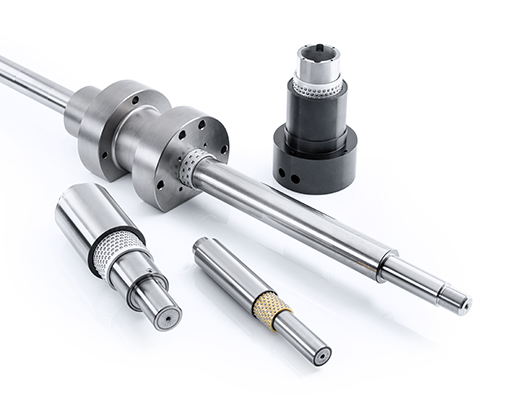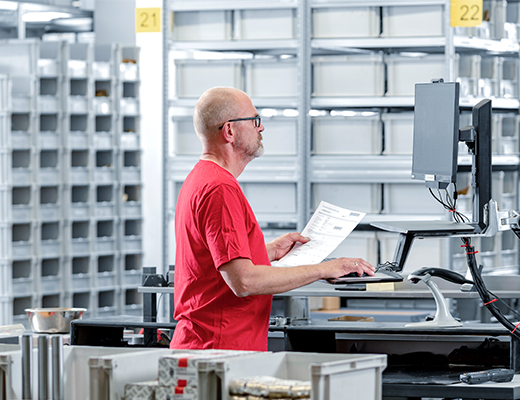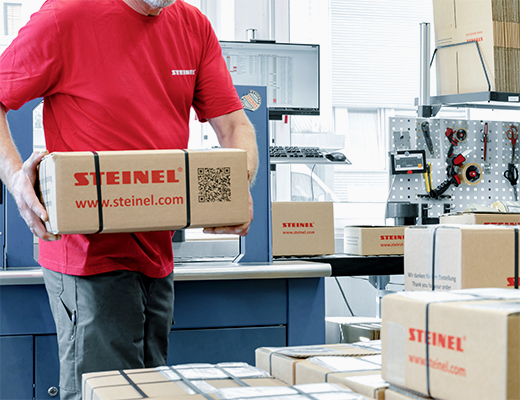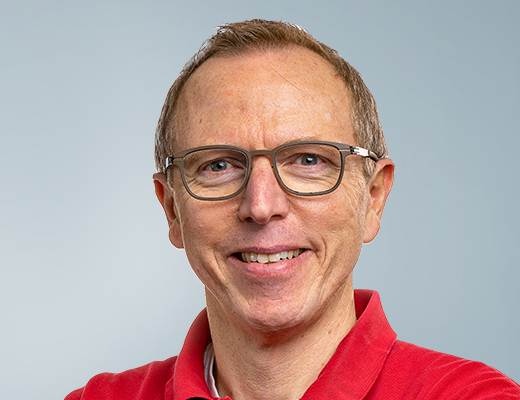
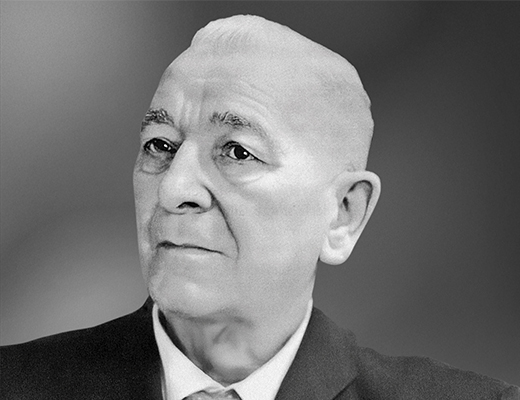
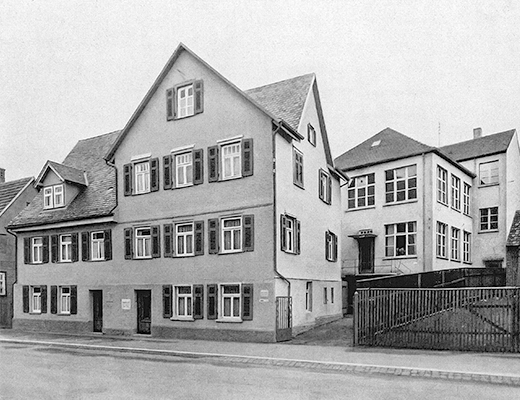
A living room start-up
The Steinel story begins back in 1924 in a living room in the German town of Schwenningen. After work, Bernhard Steinel, a foreman at the Thomas Ernst Haller clock factory, repairs bicycles and small machines at home. His nephew Alfred Jauch works as his assistant. Very modest beginnings indeed. During holiday periods, a wooden shed in a neighbour's garden serves as a home for this workshop. To begin with, orders take the form of repair work. These two mechanics restore lathes and motors to working order. In winter, they even sharpen ice skate blades. With good reason too, because ice hockey is starting to become really popular in Schwenningen. A swimming and ice-skating club is founded after the tragic drowning of four young people in the Salinensee in nearby Dürrheim. The new club aims to ensure that swimming and ice skating become safer, establishing a great tradition in the process. In the modern day, the SERC’s Wild Wings professional team in the German Ice Hockey League (DEL) is the highest-ranking sports team in the region.
Read moreThe world’s first ever multi-spindle drilling machine
However, the business climate improves slowly, enabling Steinel once again to focus on building machines. In 1927, the young entrepreneur hires his first technical assistant. Harnessing his expertise, the pace of innovation continues to accelerate. Another sensational success is chalked up in 1927 when he develops and manufactures the world’s first ever multi-spindle drilling machine. As the years pass, an entire range of new machines is inspired by the creation of this product. Right from the get-go, progress is rapid and spectacular: This first multi-spindle drilling machine is followed by multiple-head drilling machines and thread-cutting or ‘tapping’ machines. This small team then goes on to produces hammer riveting machines, roller burnishing machines and curve milling units. Once again, Steinel is able to sell so many of these on the market that available space is no longer able to accommodate ever-increasing production volumes.
However, this next phase of expansion encounters a fresh economic crisis. This time it is The Great Depression of 1929/30 which later is seen to have been a global economic crisis. People no longer have any money to buy goods and demand drops like a stone. From one day to the next, just like everywhere else in Germany, thousands of men and women in Schwenningen become unemployed and are on the street. In order to survive, many companies in the clock-making industry are obliged to introduce short-time working. This is not the case for Bernhard Steinel. “I was always able to continue working”, as he recollects decades later. His personal conviction that an upturn always comes on the heels of every downturn proves to be an accurate one. This is borne out by the fact that Steinel remains well supplied with orders. He is even conducting business with Russia. His company supplies roller burnishing and drilling machines to that country. Demand there for these machines is good. So good in fact that his existing machines eventually lack the capacity to satisfy all his orders. The solution: A second shift is introduced - the machines now run for longer because more employees are hired to operate them. With the local unemployment rate so high, it is no problem at all to find good specialists. By the end of that crisis period, Steinel has a well-trained workforce of fifteen mechanics and three apprentices. This team is able to meet the rapid increase in demand from customers. By 1930, the production facility has once again become too small. Steinel acquires the next-door property, known locally as ‘the Frick factory’, where he starts producing riveting machines. Here, he produces and sells 800 to 900 machines each year.
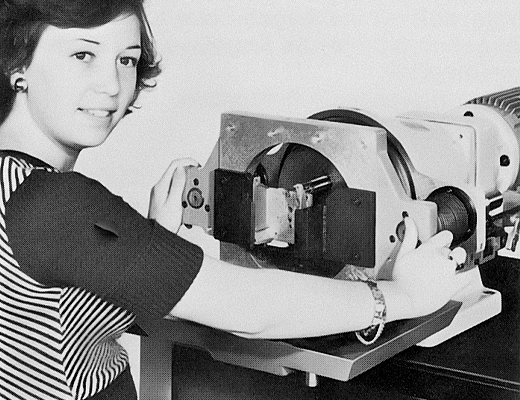
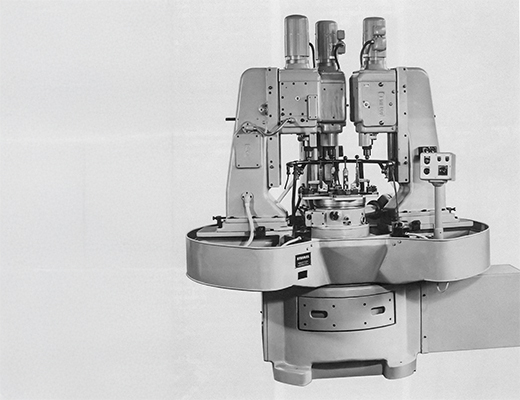
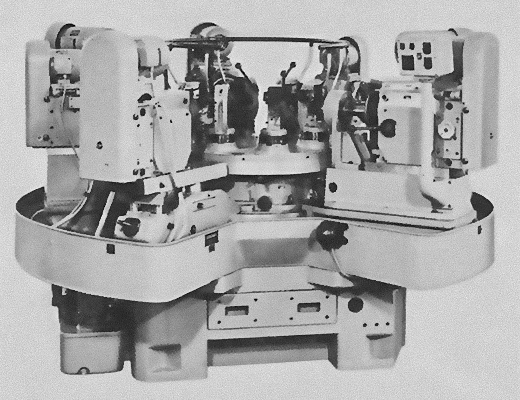
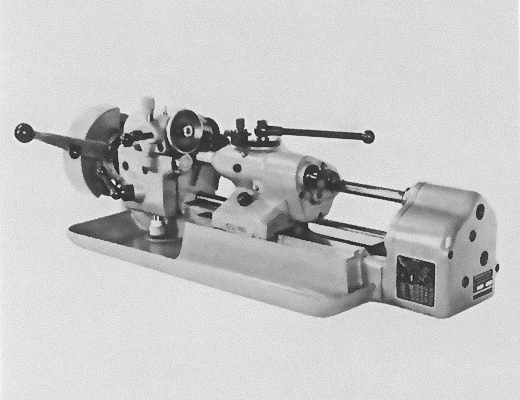
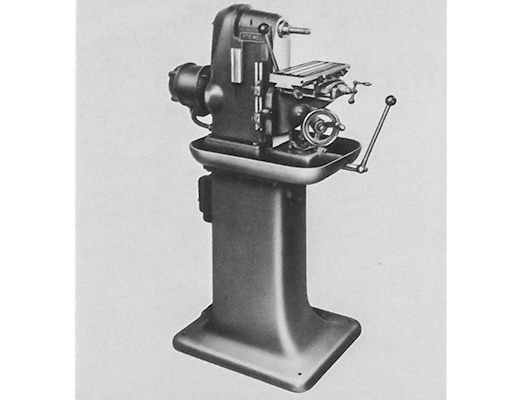
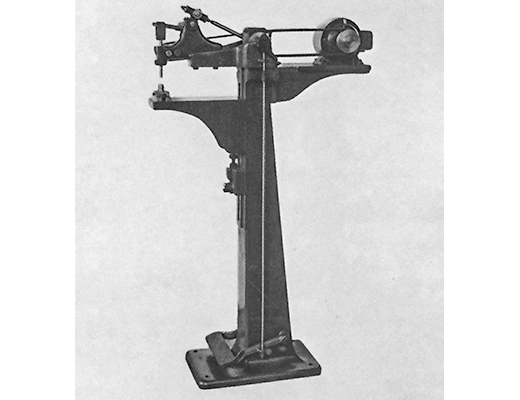
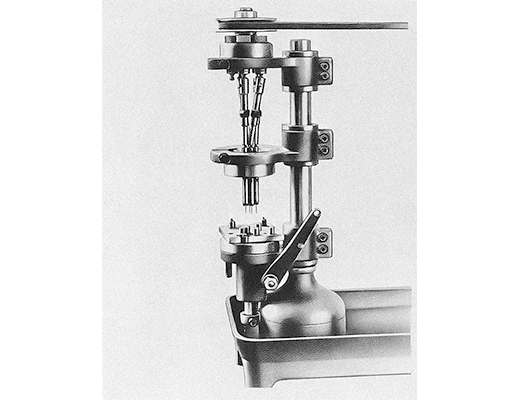

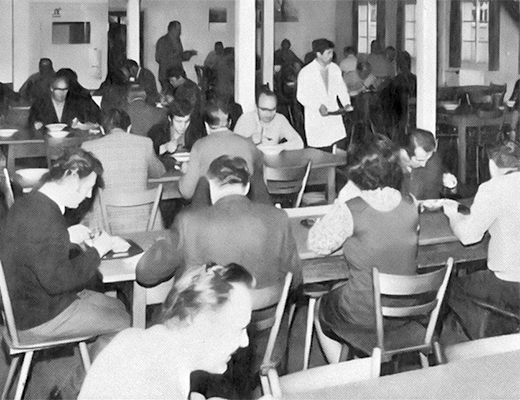
Behind-the-scenes narrative about the Third Reich
During the Third Reich, the entrepreneur Bernhard Steinel attracts attention to himself because he employs opponents of the regime in his factory and even provides them with protection from persecution by the Nazis. Although Bernhard Steinel is a member of the NSDAP, this is only on paper. In his core belief system, he is a staunch opponent of Nazi ideology and is a convinced democrat. From this stems his tolerant attitude towards his employees. To him, their political views are not a matter of concern. Instead, he places great emphasis on the need for professional skills and disciplined conduct at the workplace. Indeed, the factory owner does not even conceal his decidedly reluctant attitude towards the National Socialist system. When the local Nazi boss demands that Steinel dismisses a communist, the latter flatly refuses and even manages to get his own way. He also succeeds in protecting some workers from getting enlisted, thereby saving them from getting deployed to the hazards of front-line service. He does this by certifying that they hold positions crucial to the war effort and stating that they are irreplaceable for maintaining production output levels. During the war, the company is also assigned about 80 Jewish prisoners of war from France as forced labourers. At Steinel, they benefit from relatively good working conditions. Since almost all of these people have a knowledge of German, they are even able to get deployed in office work.
Read moreThe fourth generation takes the helm
In 2002, almost 80 years after the company was founded by Bernhard Steinel, it becomes a public limited company. The shares in this PLC (an AG in Germany) remain in the possession of the previous shareholders and will not be traded on the stock exchange. Wolfgang Rau, previously Managing Director of the limited company (the GmbH), becomes a member of the Board of Management. Bernhard A. Steinel, the son of the company founder, is at the head of the three-person Supervisory Board. In 2012, a significant change takes place in the executive management team at Steinel: Christoph Neudörffer, the great-grandson of the founder, joins the Board of Management. This means that after a good decade and a half under external management, a member of the founding family will once again be taking over the management of the company. Following in the footsteps of the company founder Bernhard Steinel and of his son Bernhard A. Steinel, the fourth generation is now joining the company. The third Steinel generation did not get involved in the management of the company.
The STEINEL brand undergoes a reorganisation under the management of Christoph Neudörffer. Going forward, the company is positioning itself as an authentic, dependable and innovative business partner and employer. Without any interruption in continuous development of the standard product portfolio for stamping and forming technology , the focus is now also being extended to include customer-specific solutions. This new strategic orientation and internationalisation of the business open up new growth prospects. At the same time, the company remains true to its roots: While the company supplies customers worldwide, it flies in the face of current trends by continuing to design and manufacture its products exclusively in Germany. The sites in Schwenningen and Halblech / Buching are further strengthened through modern manufacturing technologies, flexible production and a high degree of digitalisation. Sustainable success is founded upon a new organisational structure and a skilled workforce.
There are also some tangible changes in corporate culture. More than ever before, the customer occupies centre stage and collaborative efforts within the company are characterised by trust, openness and by a strong team spirit. With the active involvement of the entire workforce, the company drives forward innovations in a targeted manner.
Christoph Neudörffer is pursuing a clearly defined goal: For STEINEL to be a strong family business for future generations and to perpetuate the traditional values of the company.
